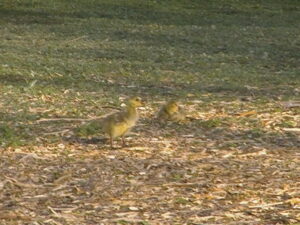E. Tip of the Day: We all strive to keep things interesting for our readers. Except Mr. Passive Writing! He can sneak up on you without warning, and take you down! It’s something every writer does, most of the time unaware they are even doing it. So don’t worry if you didn’t realize Mr. Passive Writing was taking over your novel. Here’s a tip on how to avoid the enemy.
Certain words can clue a writer in to knowing they are writing passive action scenes. Using these words will make the writing passive and distant to the reader. So, avoid using these words often in action scenes when possible. Sounds easy enough, right? If you’re not sure how often you use these type of words, do a quick global search on your manuscript using the “find and search” tool.
Examples of words to avoid or at least try to keep to a minimum in your story are the following: “that,” “like,” “seem,” or “seemed to,” “decided,” “some,”and most words ending in “ly” –wonderfully, sweetly, selfishly, savagely, happily, likely, etc. The list goes on and on…
There are a few “ly”s that are okay to use on occasion: “slowly,” “quietly,” and “quickly.” However, if you can find another way to portray the scene without using these words, do it. 🙂 Not using the words listed above will keep Mr. Passive Writing away, bringing the reader closer to your story. A win-win situation for both the writer and the reader! Good luck!
Example 1 by Mr. PW: He decided to drive to the cliff.
Example 1 by WD: He drove to the cliff, marveling at the beauty of the landscape around him.
Example 2 by Mr. PW: She seemed like she was going to vomit.
Example 2 by WD: Her face turned pale and she ran to the bathroom. In a moment I heard hacking sounds from within.
Example 1 by Mr. PW: He selfishly played with the toys.
Example 2 by WD: He scooped up his toys and turned away from the other children to find a corner to play.




Excellent tip. I thought “ing” words were passive too, so I try to avoid them. Is that a wrong assumption on my part? I want my manuscript to be the very best it can be:)
Great question. It really depends on how you are using the “ing” words. In an action scene, for instance, it’s okay to use “ing” words to help the story move at a quick pace.